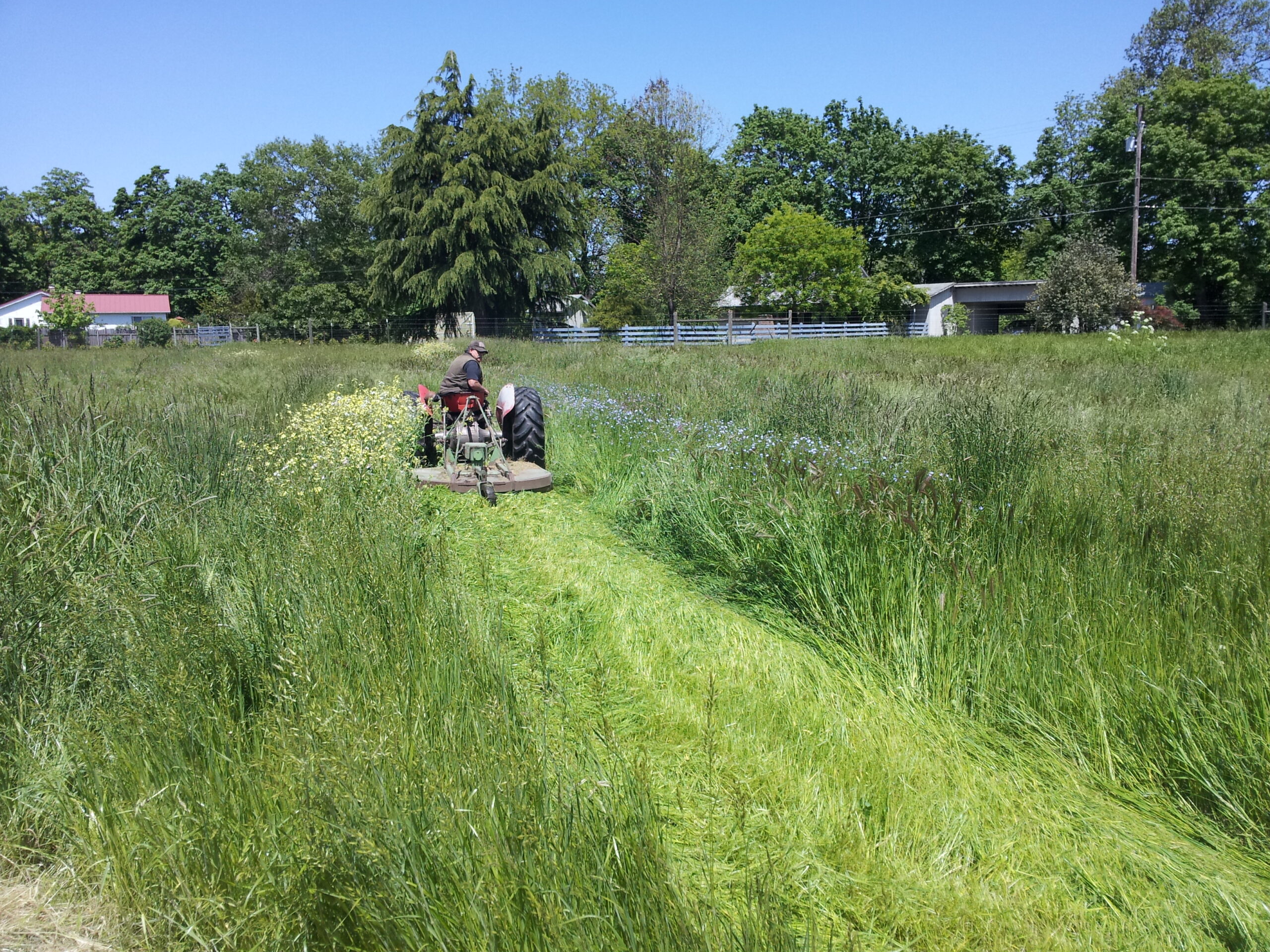Many factors influence crop production, but a healthy established microbial community around plant roots is foundational to a crop reaching its fullest genetic potential. Earthcrew’s soil solutions — highest quality organic inputs, specific bacterial and fungal crop inoculums and enzymatic compounds — that together help plants establish a strong foothold. Our product range includes soil activators, bio- stimulants, microbial inoculants, and fertilizers. Soil health is tied to plant health and the essential microbial communities that work in supporting all crops. Many factors influence crop production. Adequate preparation shrinks the gap between genetic potential and crop performance. To ensure the soil is replenished each season, attention should be paid to fertility, pH, structure (tilth), organic matter content, drainage, tillage practices, site selection, and microbial population performance. Activating soil microflora and managing soil microbes is an essential step to increasing plant vigor, while controlling soil borne pathogens. Beneficial microorganisms are the key to improved soil fertility and root health. Maintaining plant beneficial microbiome functions is particularly important for maintaining yield stability and to enable plant growth under drought or pathogen infestations. Agriculture has an ecological reach that extends beyond the specific places where it is practiced as it affects drinking water and climate.
Generally, moving away from tilling, using less chemical fertilizers, and perhaps adding organic matter such as compost to build soils, participants said. In addition to improving carbon and water storage, healthy soils have the microorganisms that can process and make available key nutrients to plants and crops. Some organic farming techniques that help restore the soil include use of green manure (uprooted or sown crop parts incorporated or left on topsoil), cover crops, crop rotation and organic compost.


